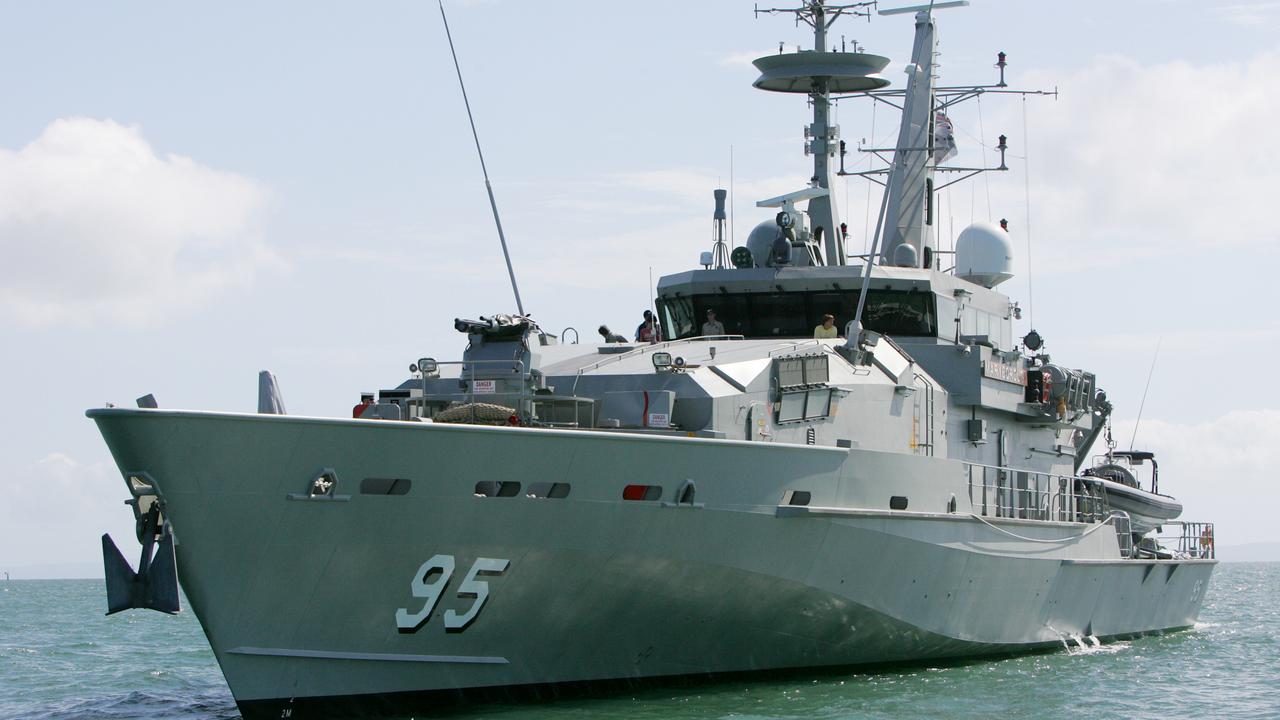Cosgrove backs 'bravest' Digger
FORMER defence force chief Peter Cosgrove has described Albert Jacka as "the bravest of the brave", saying that while at times insubordinate the World War I hero was dedicated to the safety of his men.
FORMER defence force chief Peter Cosgrove has described Albert Jacka as "the bravest of the brave", saying that while at times insubordinate the World War I hero was dedicated to the safety of his men.
As the 90th anniversary of the Battle of Polygon Wood falls this week, debate has been reignited over whether Jacka was robbed of his rightful place as Australia's greatest soldier.
Jacka's closest surviving relative, Ken Jacka, told The Australian he agreed with academics and writers who have argued he should have been awarded four Victoria Crosses rather than the one he received in 1915.
In a foreword to the book Hard Jacka: the story of a Gallipoli Legend, by Michael Lawriwsky, General Cosgrove said there was no doubt that Jacka was "hard-nosed" and a "handful", "sometimes insubordinate and intemperate".
But the World War I soldier was driven by an "obvious dedication to the safety of the men to whom he was an Achilles", said General Cosgrove, who won the Military Cross in Vietnam.
Jacka, promoted through the ranks to captain, became the champion of his men "when he apprehended the slaughter to which they were all too routinely exposed", General Cosgrove said.
Jacka's outspokenness in the face of orders that sent thousands of Australian soldiers to their deaths on the Western Front has been blamed for the lack of recognition.
Jacka won his VC as a lance corporal for single-handedly battling more than seven Turkish soldiers in an enemy trench at Courtney's Post, Gallipoli, in 1915. An MC followed in France in 1916 for leading a charge of seven Australians who took on almost 80 Germans at Pozieres, and a bar was added to his MC the year after for his intelligence missions at Bullecourt.
But Lawriwsky, and Jacka biographer Ian Grant, have argued that he deserved to win four VCs and that his valour was overlooked at Polygon Wood in 1917 because the captain had clashed with his senior officers.
Only three soldiers have won the VC twice. They were British medical corps officers Arthur Martin-Leake and Noel Chavasse, and New Zealand infantry officer Charles Upham.
Martin-Leake risked his life to attend wounded soldiers during the Boer War and at Zonnebeke, in Belgium, during World War I.
Chavasse won his first VC in 1916, at Guillemont, where he braved enemy fire to attend to wounded men. His second VC was earned the following year at Wieltje, Belgium, where he carried wounded soldiers from the battlefield despite suffering wounds that later killed him.
Upham earned his VCs during World War II in Crete and Egypt.



